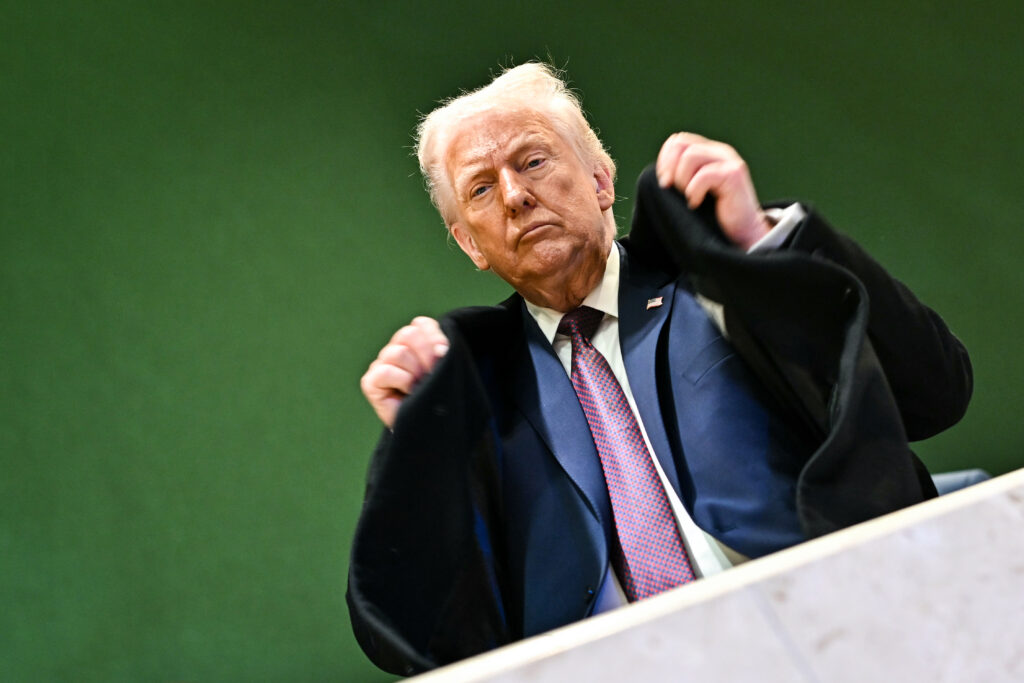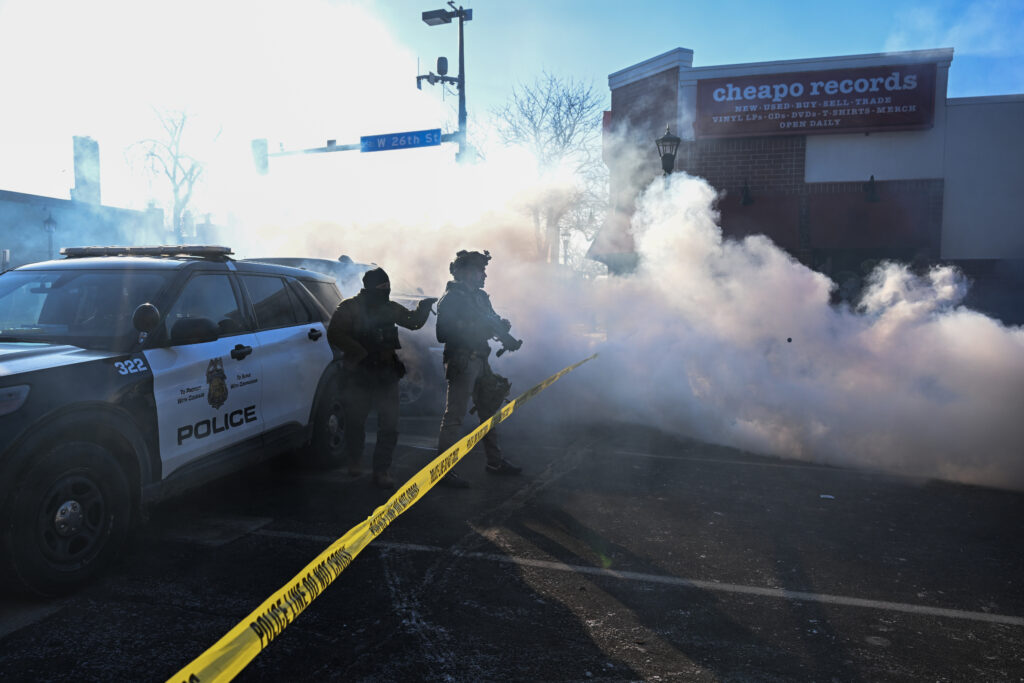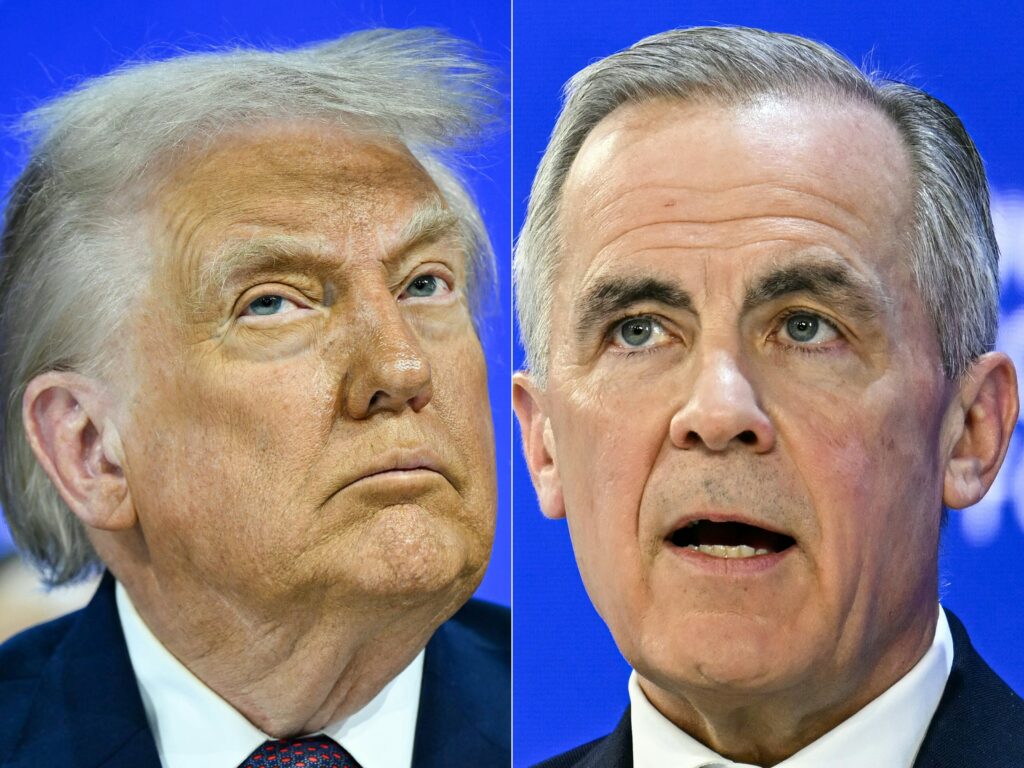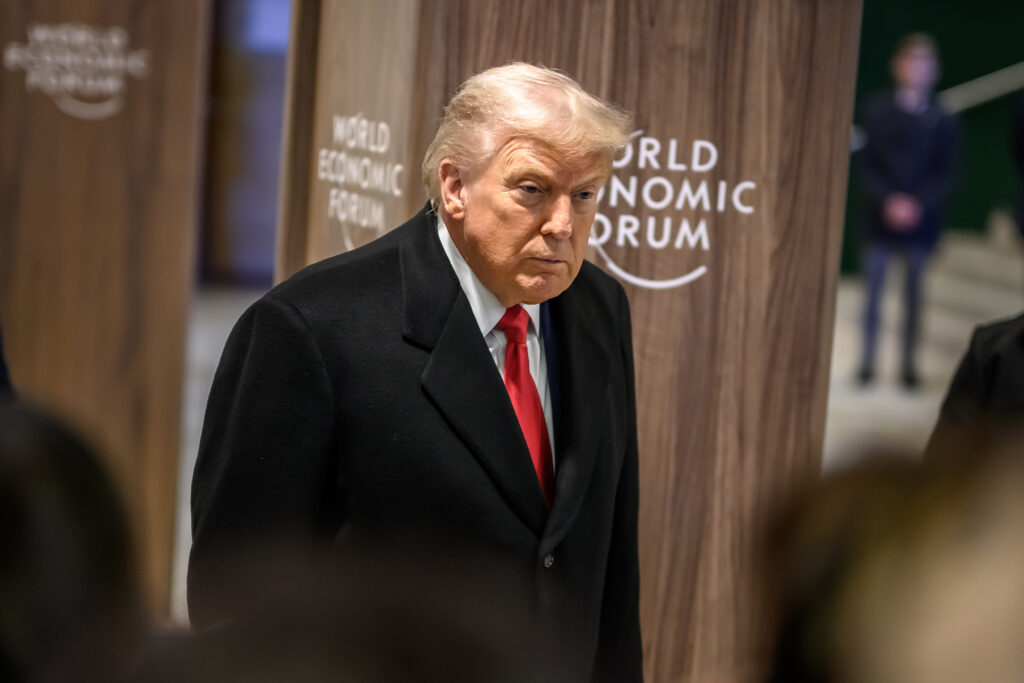Republicans eye ‘Trump-palooza’ convention ahead of US midterms
US President Donald Trump’s Republican Party has taken a step closer to staging a highly unusual party convention to prop him up and sell his message to voters ahead of crucial midterm elections in November.At a meeting in Santa Barbara, California, the Republican National Committee (RNC) voted Friday to amend party bylaws to clear the way for a planned midterm convention, as polling shows support for the 79-year-old president waning.The midterm elections, historically unfavorable to the party in power, is the key political issue of 2026 for Trump and Republicans, who control both chambers of Congress.RNC chair Joe Gruters however is upbeat that his party will retain majorities in both the Senate and House of Representatives.”We’re going to defy history, because we have the best president that ever lived,” he said. “What he’s done in a single year, most presidents can’t do in eight years.”Conventions organized by the main two US parties normally happen every four years, to officially anoint their presidential nominees before a general election.But this unconventional convention will be “a Trump-palooza,” Gruters said.”There’s no better way than to sell the message that the president has given us to the American people.”Jake Hoffman, a Republican state senator in Arizona, said the midterm convention “is a great opportunity to tell the story of Republican success.””Under President Donald Trump, the economy’s back on track, deportations are happening,” he said.However, a year after Trump returned to power, the warning signs have piled up showing that many American people are unhappy with his policies and performance — particularly on bread-and-butter economic issues.Beyond his devoted base of MAGA voters, a majority of Americans complain in polls about a president who cares too much about international ventures, such as Venezuela and Greenland, and who doesn’t do enough to bring down the cost of living.- Headwinds -Trump’s crackdown against undocumented immigrants — a key domestic initiative — is also being increasingly criticized by independent voters, as vivid images of masked agents roaming calm neighborhoods spread online.A controversial operation in Minnesota has also made daily headlines and resulted in the deaths of two American citizens by federal agents.Even Joe Rogan, the popular podcaster who supported Trump during his 2024 campaign, has likened the Trump administration’s tactics to those of Nazi Germany.Faced with such headwinds, Trump will campaign for the midterms as if these polls were a presidential race, White House chief of staff Susie Wiles said this week. – ‘This president cares’ -Republicans, especially in electoral swing states, are trying to sell the message that Trump’s policies, which include steep tariffs on imports from many countries, are putting the economy on the right track.”This president cares about the American worker,” Gruters said a week after the commander-in-chief, while visiting a Ford factory near Detroit, flashed a middle finger to an auto worker who challenged him about his past friendship with the late sex offender Jeffrey Epstein. Trump’s “Big Beautiful Bill,” a fiscal and spending law enacted last year, is starting to trickle into wages for Americans, said Michael McDonald, head of the Republican Party in Nevada. “As the law starts to take effect, it’s starting to bring it into the paycheck,” he told AFP.But for political scientist Wendy Schiller, turning the 2026 midterms into a referendum for or against the president is a double-edged sword as tariffs and cuts to health care coverage start to bite. “If he tries to tell everybody that things aren’t really that expensive and that the economy is great, he’s not going to be helpful to them, because voters do not believe that,” said the professor at Brown University.”The danger to the GOP (Republican Party) is that this midterm convention turns into a Trump loyalty show and then all their candidates get saddled with a president who is under water in the polls on every major issue.”







